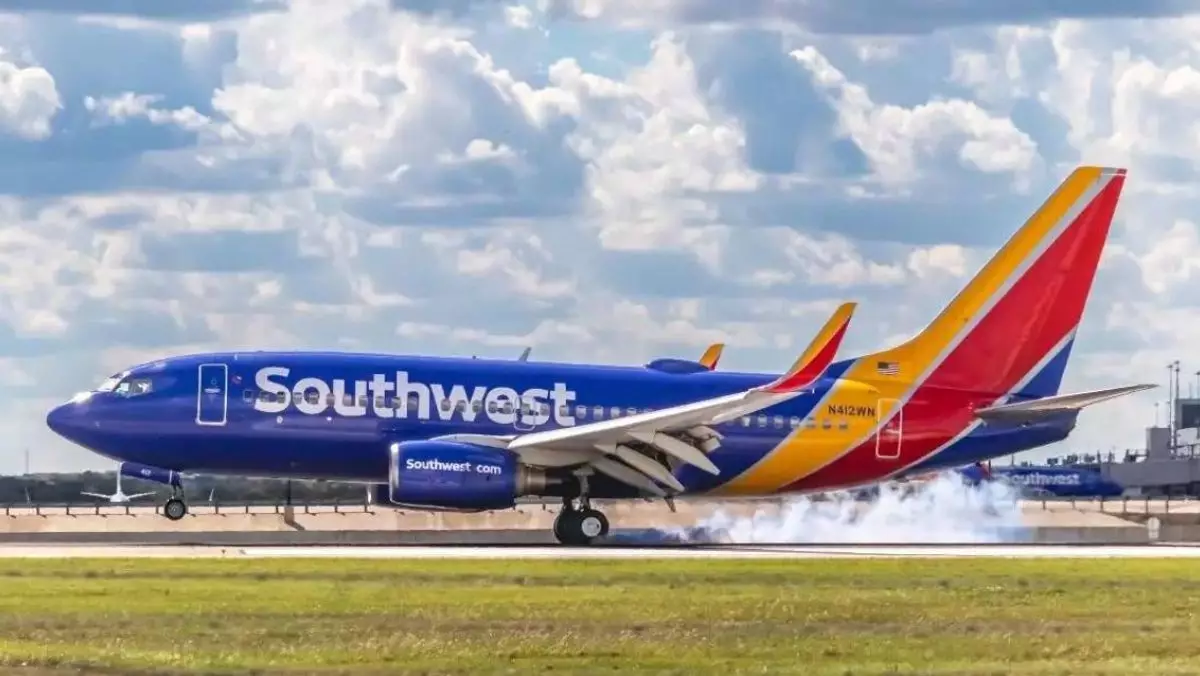Southwest Airlines is entering a transformative phase as it reconstitution of its board of directors. The new leadership structure is heavily influenced by the intervention of Elliott Investment Management, an activist investor that has sought to reshape Southwest’s governance. This change not only reflects internal strategic goals, but also reacts to external pressures aimed at enhancing the airline’s operational performance and competitive stance.
At the helm of the restructured board is Rakesh Gangwal, a prominent figure in the airline industry as the co-founder of IndiGo and a former CEO of US Airways. His appointment represents a significant shift towards integrating experienced leadership that aligns with broader industry insights. Activist investors like Elliott urged Southwest to diversify its board with representatives who possess deep aviation knowledge, diverging from a historically insular governance structure. Gangwal’s leadership role is indicative of a strategic emphasis on wisdom drawn from varied airline operations, which could bode well for Southwest’s future direction.
In a significant pivot, the board will feature committee chairs predominantly selected from seasoned business leaders with substantial airline experience, diverging from previous practices. For instance, Bell CEO Lisa Atherton will oversee the compensation committee, suggesting a clear focus on aligning employee performance with Southwest’s strategic objectives. Meanwhile, former Brinker CEO Douglas Brooks heading the audit committee reflects the board’s commitment to thorough fiscal oversight, a necessity as the airline navigates the complexities of the current economic climate.
The restructuring also highlights the importance of safety in operations. David Hess, former Arconic CEO, retains his position as chair of the safety and operations committee, underscoring a persistent dedication to passenger safety and operational efficacy. This continuity amidst change may foster a sense of stability while integrating fresh perspectives from the newly appointed members.
Elliott’s influence is notably felt in the committee’s formation, with former WestJet CEO Gregg Saretsky chairing the newly created finance committee—an explicit condition for withdrawing the proxy challenge. This arrangement indicates a willingness on Southwest’s part to negotiate and ensure governance changes that satisfy external stakeholder pressures. Such collaborative dynamics may be crucial in crafting a more responsive and accountable board.
The new composition features a blend of board members who were either appointed due to Elliott’s involvement or are veterans from the company’s previous leadership structure. This strategy seems to balance continuity with innovation, an important aspect as the airline faces a rapidly evolving market landscape. CEO Bob Jordan, remaining a part of the board, signifies consistent leadership amidst the ongoing transitional period.
Thus, Southwest Airlines is poised for a distinctive shift in governance that incorporates a mix of legacy wisdom with new, industry-savvy insights. While challenges lie ahead, particularly in maintaining investor confidence and aligning operational strategies with passenger expectations, the newly reconstituted board represents an optimistic step towards sustainable growth and enhanced operational excellence. The changes, propelled by significant investor activism, signal a proactive approach to governance that could reshape Southwest Airlines’ trajectory in the competitive airline sector.


Leave a Reply